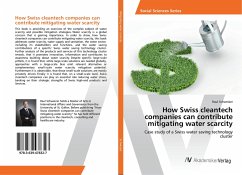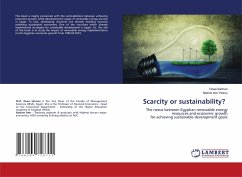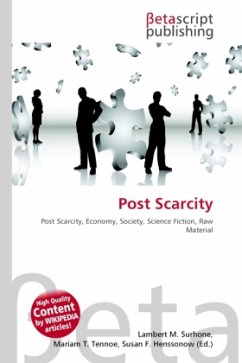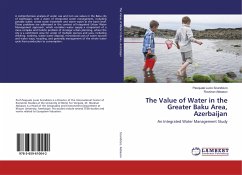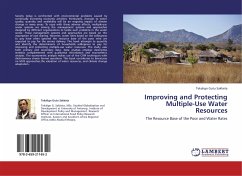
Managing Water Scarcity in Kenya
Versandkostenfrei!
Versandfertig in 6-10 Tagen
58,99 €
inkl. MwSt.

PAYBACK Punkte
29 °P sammeln!
This book is the result of a study on water use and management practices among industries in Kenya. The main policy instruments for water management by the government are the water tariffs and wastewater regulation. Water pricing framework for groundwater and surface water abstractions is critical due to widespread conjunctive use of public and privately supplied water by industries in Kenya. The main challenges in water policy regulatory enforcement emanate from low level of implementation. The poor outcomes can be attributed to (i) the multiple enforcement agencies with different mandates, e...
This book is the result of a study on water use and management practices among industries in Kenya. The main policy instruments for water management by the government are the water tariffs and wastewater regulation. Water pricing framework for groundwater and surface water abstractions is critical due to widespread conjunctive use of public and privately supplied water by industries in Kenya. The main challenges in water policy regulatory enforcement emanate from low level of implementation. The poor outcomes can be attributed to (i) the multiple enforcement agencies with different mandates, each agency trying to define the laws on the basis of narrow mandates. No agency expressed interest in correlating their tasks with the others; (ii) the division of responsibilities among multiple agencies, with little coordination, made it procedurally difficult to harmonize operations, (iii) there was also notable absence of what can best be described as the "philosophy of enforcement" (or internal policies and principles) to guide water agency activities.



